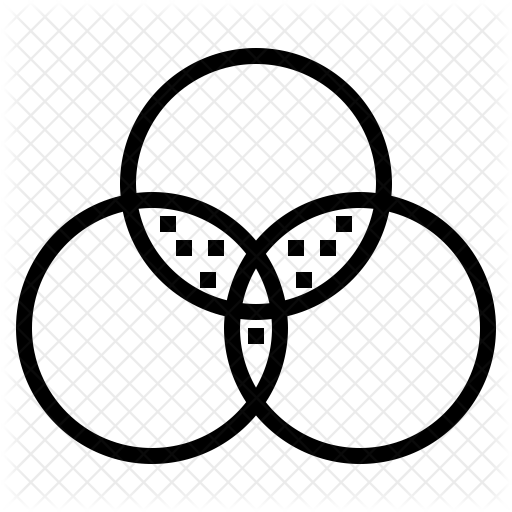Similarities and differences between types of comic
Abstract
On the pages of literary works, the reader is often confronted with funny characters or episodes, funny names of characters, ridiculous features of speech. In all these cases, we are dealing with manifestations of the comic in literature. The reader understands that the writer set himself the task of causing the audience to laugh, to portray something funny. But at the same time, we cannot fail to notice how different such laughter can be. In literary criticism, it is customary to distinguish the following types of comic: humor, irony, satire and sarcasm. Also, experts distinguish between the techniques of the comic. These include hyperbole, absurdity, grotesque, fantasy, self-exposure and some others.
References
Mavlonova U. K., Maxmurovna M. K. THE INTRODUCTION OF IRONY IN ENGLISH AND UZBEK LITERATURE //International Engineering Journal For Research & Development. – 2020. – Т. 5. – №. 3. – P. 4-4.
Mavlanova U.K., Babayeva V.T., Ruzieva D.S. Irony in Dramatic Works//International Journal of Psychosocial Rehabilitation 24 (Issue 03), 311-317, 2020.
Mavlonova U.K, Ruziyeva D.S. The Use of Irony in Literature//ISJ Theoretical & Applied Science, 04 (84), 362-364.
Mavlonova U.K., Achilova R.A. THE PROBLEM OF TRANSLATION OF REALIA (AMERICANISMS) // Dostijeniya nauki i obrazovaniya № 5(59), 2020
Sharipova D.Sh., Mavlonova U.K., Ibatova N.I. BEHAVIORAL LANGUAGE ETIQUETTE IN UZBEK PROVERBS AND SAYINGS// Vestnik nauki i obrazovaniya 11-3 (89), 2020.
http://www.docsity.com/ru/irony-from-the-cognitive-perspective/1764892/
https://thedifference.ru/chem-otlichaetsya-ironiya-ot-sarkazma/
https://vchemraznica.ru/v-chem-raznica-mezhdu-ironiej-i-sarkazmom/

In submitting the manuscript to the International Journal on Integrated Education (IJIE), the authors certify that:
- They are authorized by their co-authors to enter into these arrangements.
- The work described has not been formally published before, except in the form of an abstract or as part of a published lecture, review, thesis, or overlay journal.
- That it is not under consideration for publication elsewhere,
- The publication has been approved by the author(s) and by responsible authorities – tacitly or explicitly – of the institutes where the work has been carried out.
- They secure the right to reproduce any material that has already been published or copyrighted elsewhere.
- They agree to the following license and copyright agreement.
License and Copyright Agreement
Authors who publish with International Journal on Integrated Education (IJIE) agree to the following terms:
Authors retain copyright and grant the International Journal on Integrated Education (IJIE) right of first publication with the work simultaneously licensed under Creative Commons Attribution License (CC BY 4.0) that allows others to share the work with an acknowledgment of the work's authorship and initial publication in this journal.





1.png)
